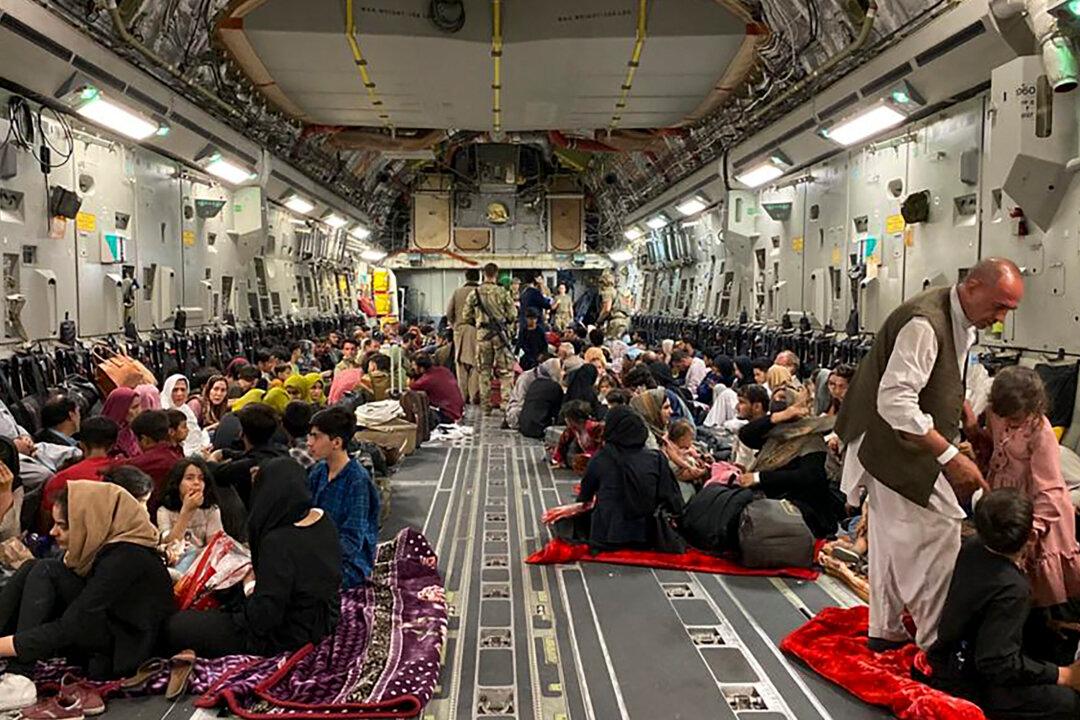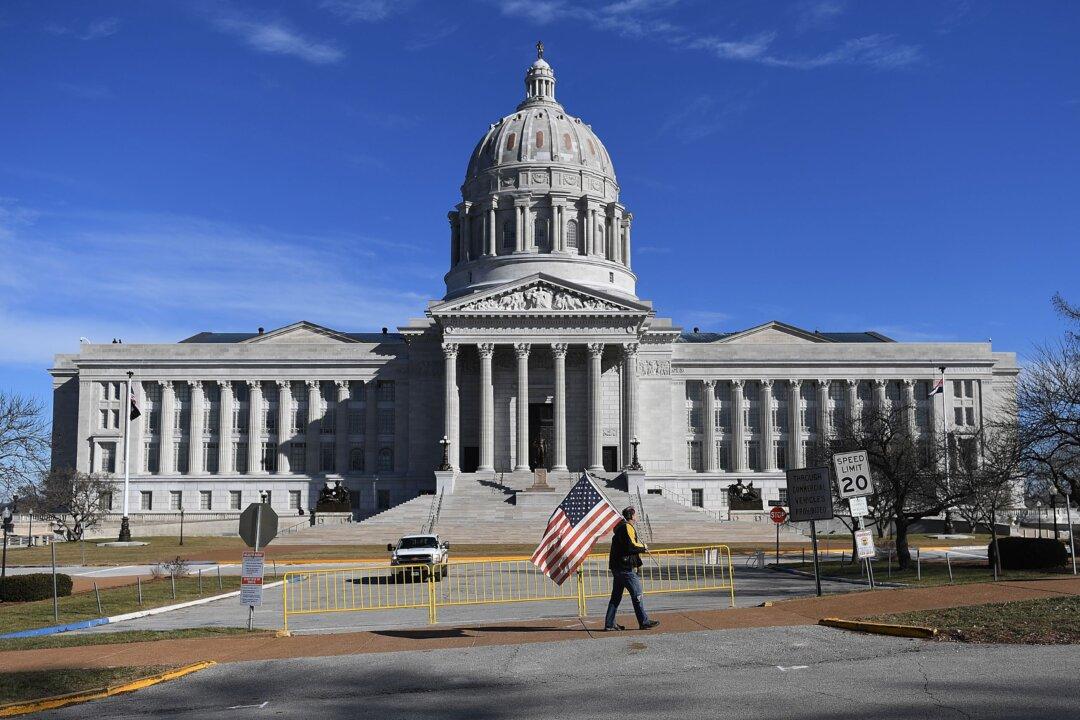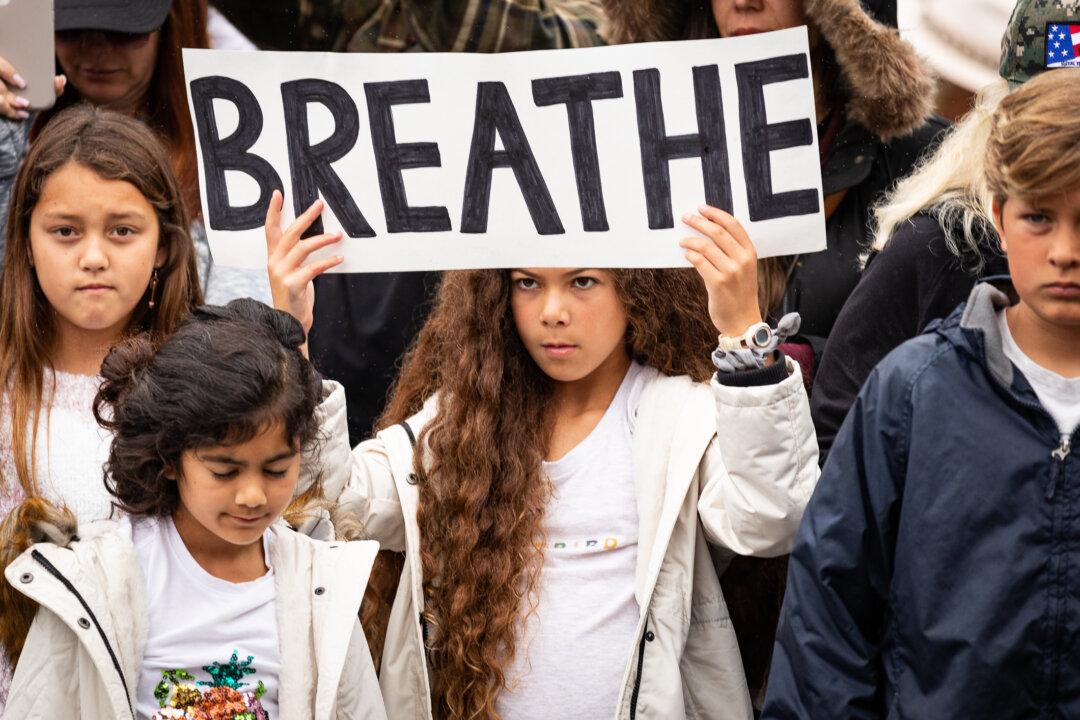Last week, the Department of Defense confirmed that the United States would be taking in up to 30,000 Afghan refugees. The Taliban took control of the country ahead of the United States withdrawal from the area, causing thousands to flee in fear of their lives, and now St. Louis is working to offer support for those who are displaced.
Mayor Tishaura Jones committed to welcoming at least 1,000 Afghan refugees. She announced a statement that declared, “We, as the leaders of St. Louis City and St. Louis County, have heard our community’s call to action to help these families. St. Louis has a long history of welcoming refugees and immigrants to the region, we are ready, willing, and prepared to lead the nation in inviting these Afghan SIV holders to our community.”





